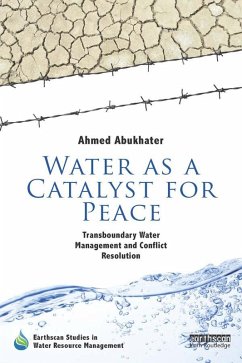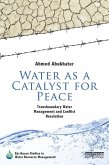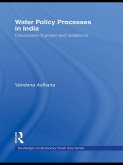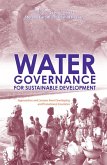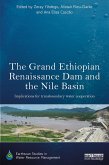Evidence is provided to support this claim through detailed case studies from the Middle East and the Lesotho Highlands in Africa. These international cases - including bilateral water treaties and their development and formation process and aftermath - are analyzed to draw conclusions about the outcomes as well as the processes by which these outcomes are achieved. It is demonstrated that the perception of a particular treaty as being equitable and fair is mainly shaped by the negotiation process used to reach certain outcomes, rather than being determined mechanistically by the quantitative allocation of water to each party.
The processes and perceptions leading to international water conflict resolutions are emphasized as key issues in advancing cooperation and robust implementation of international water treaties. The key messages of the book are therefore relevant to the geo-political and hydro-political aspects of water resources in the context of bilateral and multilateral conflicts, and the trans-boundary management of water resources, which contributes insights to political ecology, geo-politics, and environmental policy.
Dieser Download kann aus rechtlichen Gründen nur mit Rechnungsadresse in A, B, BG, CY, CZ, D, DK, EW, E, FIN, F, GR, HR, H, IRL, I, LT, L, LR, M, NL, PL, P, R, S, SLO, SK ausgeliefert werden.

